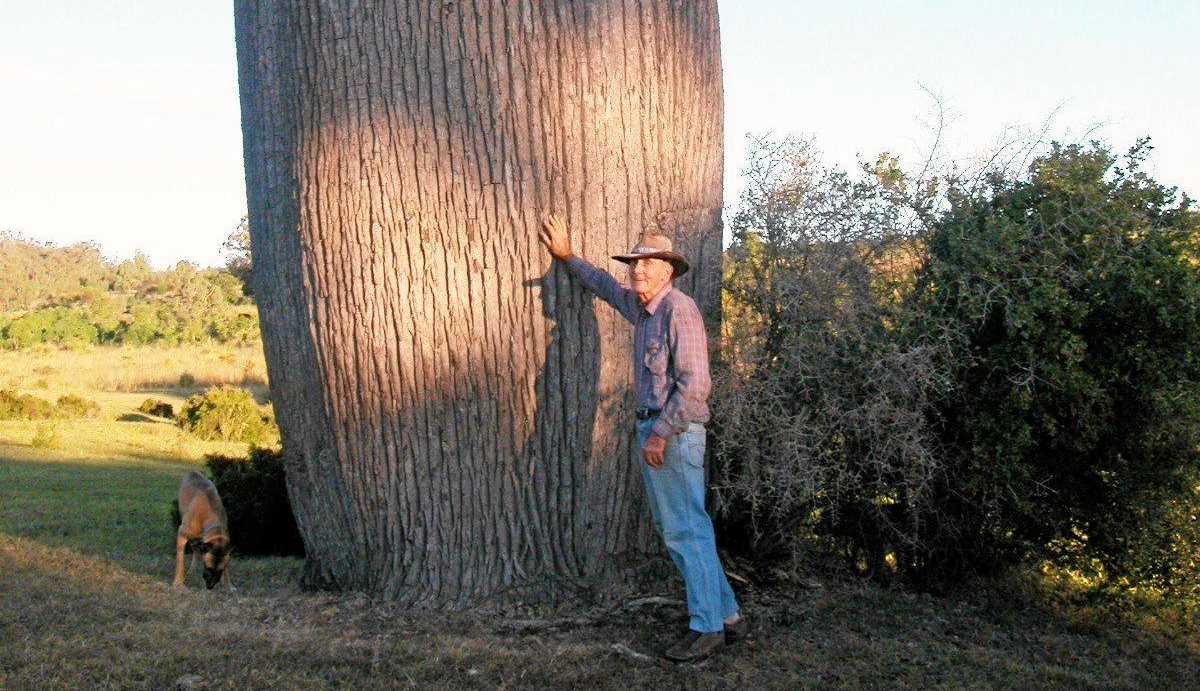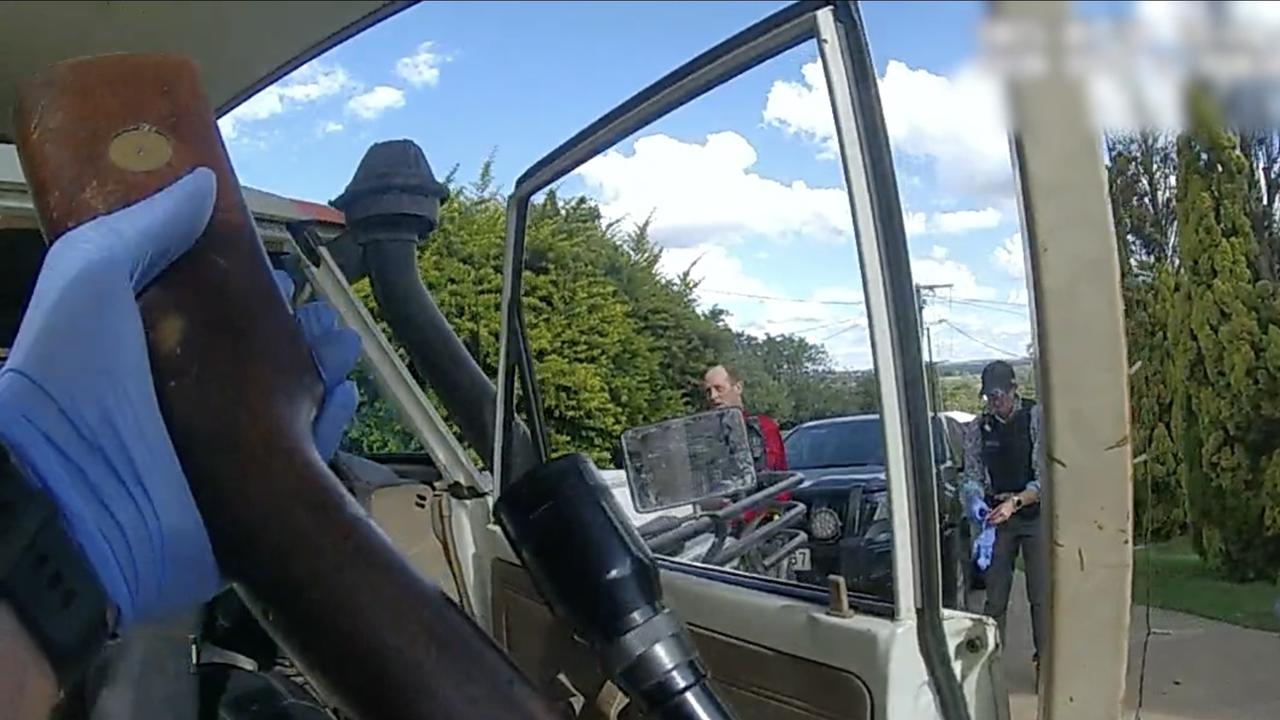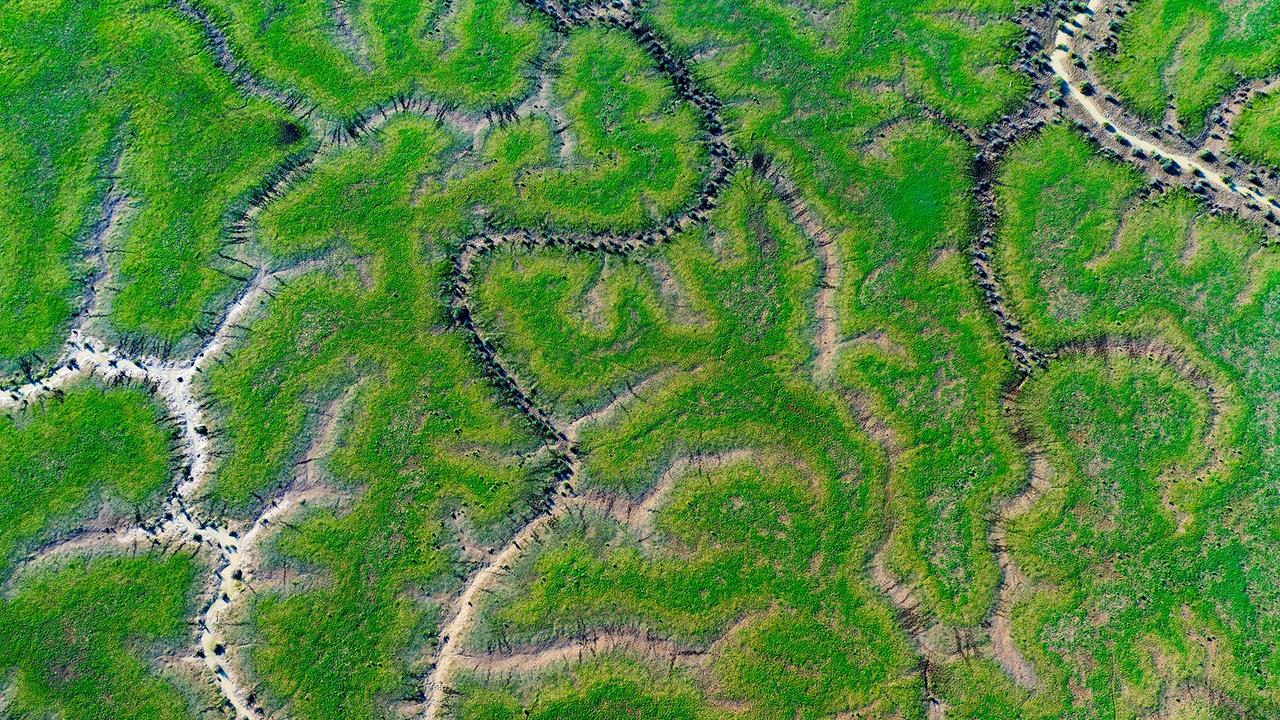History repeats itself with disastrous drought
Early settlers get creative in horror prolonged dry spell.

Chinchilla
Don't miss out on the headlines from Chinchilla. Followed categories will be added to My News.
WITH the present severe drought affecting the country, we must remember there have been many in the past. Before mechanisation and road transport it was a different battle for the early settlers.
George Routley had not long settled on his property, "Craiglea” on the Moola Creek. For a couple of years there were good seasons and then came the disastrous drought.
"In 1902 we had no rain for about 10 months, that is from December 1901 to October 1902,” he wrote.
They had brought in 1800 dry sheep and the ewes were due to lamb in August.
With his brother, Colin, they felled timber to feed them tree tops as there was no grass. The sheep salt as well.
After a couple of months the sheep were getting sick on that diet so they had to start more intensive feeding.
They had 500 bags of unsold wheat from a previous harvest, so they used three yards to feed the sick sheep.
In the first yard they were fed bottle tree slabs and singed pear, the second had boiled pear and wheat, and the third had a little chaff and boiled wheat for specials.
Some of the sick sheep were wooded up and they found if they gave them a bottle of the water the pear was boiled in they became quite lively by morning.
With no weather bureau to inform them, the brothers became excited when black clouds were seen in the west but to their disappointment it was a dust storm.
They had turned their cattle out into the bush to fend for themselves but they needed more attention.
George went out and felled a good-sized bottle tree and stripped the bark off it.
They left a lot of chips scattered around, mustered the herd and brought them in for the treat. Cattle found the leaves and soft wood pleasant to eat.
The men returned a week later to find one cow had died in the tree branches and the others were standing around looking quite fat.
They had eaten almost the entire fallen tree.
They felled more bottle trees and had no more cattle losses. They had heavier losses with the sheep.
The future was looking grim when one day near the end of September they had a sudden storm that yielded 25mm. Strangely, their neighbours didn't receive any.
They had a similar fall of rain about nine days later and the drought was broken.
"I have had some spins in my life, before and after, but I have never experienced anything like the time we put in during those five months,” George recalled.
During that time George grew a beard, burnt with the weather, frosts and dust until it was red.
As there was no milk, butter or fresh meat, they lived on tinned foods, mainly syrup and treacle.
A run of good seasons followed but restocking was expensive as sheep and cattle were three times the price they were before.
Still, George was pleased the drought was over.
Originally published as History repeats itself with disastrous drought






